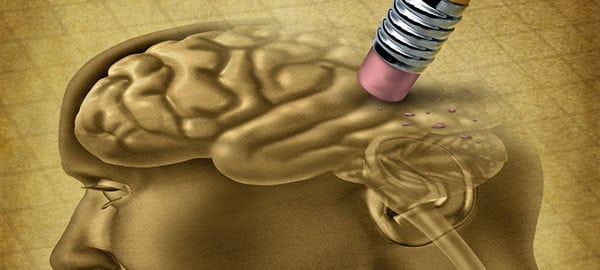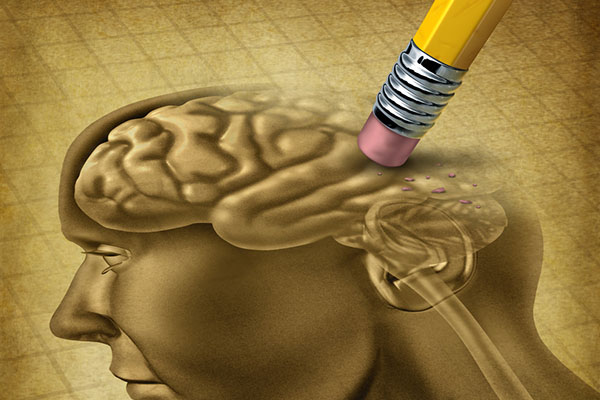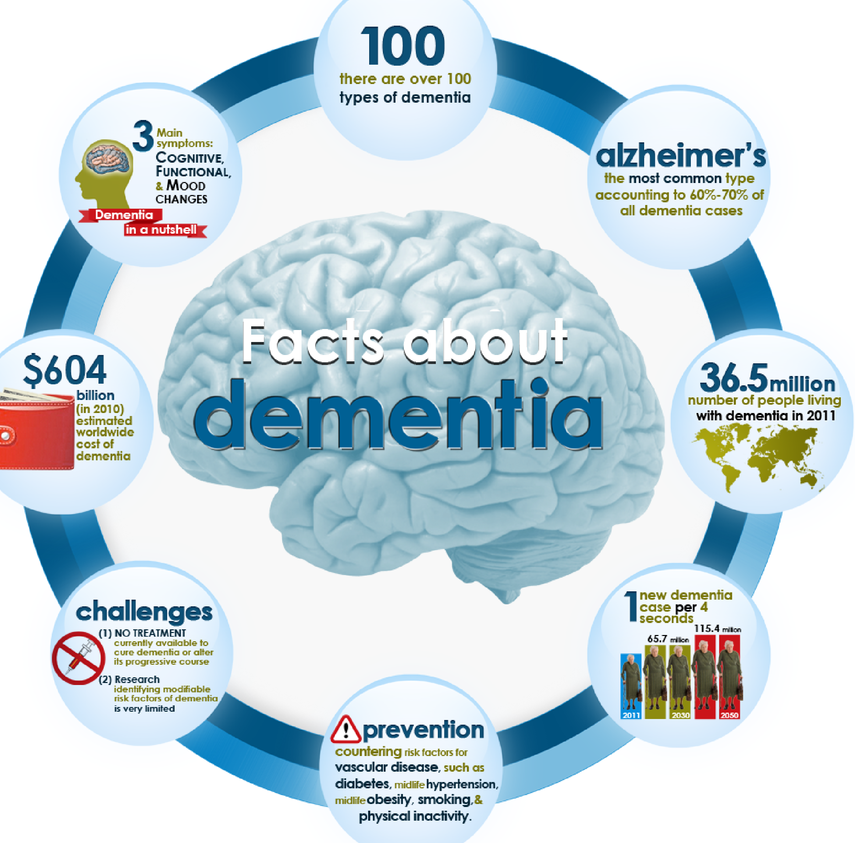In case you didn’t pick up on it, the posts regarding brain health served two purposes. The first is to ensure you give yourself the best opportunity to live a healthy, happy mental life. The second is to stave off the point in your life when you develop dementia. In this and the next post on brain health, we focus on dementia, which occurs when the brain becomes a certain type of unhealthy. Alzheimer’s disease is the most common cause of dementia, accounting for approximately 60-80% of cases.
Look at the below chart for a stunning illustration of the scope of dementia.
As opposed to being a single disease, dementia describes a range of symptoms associated with a decline in memory or other mental skills. As such, it’s more helpful to describe functions lost instead of symptoms you may experience. Dementia is associated with a reduced ability to perform routine activities of daily living. It can be associated with significant impairment of other mental functions, including the following:
- Memory
- Communication and language.
- Ability to focus and pay attention
- Reasoning and judgment
- Visual perception
Practically this could range from problems with remembering appointments or names, engaging in unnecessarily dangerous activities for no reason, or keeping track of items.
Dementia is caused by damage to brain cells. It’s the type of damage that could occur from a poor diet, age-related or other causes of poor blood circulation to the brain (e.g. a stroke). Depending on the involved area of the brain, various levels of loss of function may be seen. Based on the most common patterns and sites of brain damage, the mental deficits described above are those most likely to be seen. It is of note that the center of memory and learning (the hippocampus) is often the first area damaged, which corresponds to those deficits that define early dementia/Alzheimer’s.
My messages to you regarding dementia are pretty simple.
- You don’t want it. Dementia is the end of the beginning and the beginning of the end. It is progressive. The symptoms will be more and more pronounced with time.
- You need to address it. If you haven’t been forward thinking enough to engage in brain health, know the early signs, and get checked out as soon as possible. The good news is all dementia isn’t Alzheimer’s and could represent a treatable cause. Even when it doesn’t, steps to temporarily improve symptoms can be instituted.
Feel free to ask your SMA expert consultant any questions you may have on this topic.
Order your copy of Dr. Sterling’s new book Behind The Curtain: A Peek at Life from within the ER at jeffreysterlingbooks.com, iTunes, Amazon, Barnes and Nobles and wherever books are sold.
Thanks for liking and following Straight, No Chaser! This public service provides a sample of what http://www.SterlingMedicalAdvice.com (SMA) and 844-SMA-TALK offers. Please share our page with your friends on WordPress, like us on Facebook @ SterlingMedicalAdvice.com and follow us on Twitter at @asksterlingmd.
Copyright © 2016 · Sterling Initiatives, LLC · Powered by WordPress




